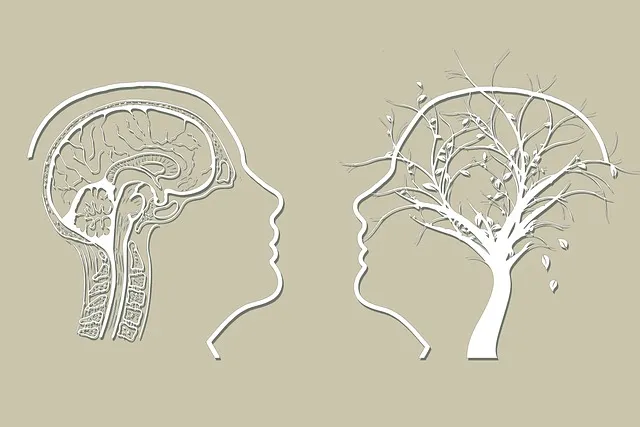Broomfield Kaiser Permanente mental health providers offer a unique Social Skills Training program, integrating stress reduction techniques with evidence-based practices like CBT. This holistic approach aims to bridge a gap in traditional therapy by enhancing communication, building relationships, and managing social situations effectively. Their multi-faceted strategy, combining role-playing, group dynamics, and public awareness campaigns, empowers individuals to confidently navigate social environments, fostering connection, self-confidence, and a sense of belonging crucial for mental health recovery.
Social skills training plays a pivotal role in enhancing mental health recovery, fostering supportive connections, and promoting well-being. This comprehensive guide explores the significance of social skills for individuals navigating various mental health conditions, particularly within the context of Broomfield Kaiser Permanente’s innovative approach to care. We delve into effective strategies employed by their dedicated mental health providers, offering valuable insights into how clinical settings can facilitate meaningful social skill development.
- Understanding the Importance of Social Skills for Mental Health Recovery
- Broomfield Kaiser Permanente Mental Health Providers: A Comprehensive Approach to Training
- Strategies and Techniques for Effective Social Skills Development in Clinical Settings
Understanding the Importance of Social Skills for Mental Health Recovery

In the journey towards mental health recovery, social skills training emerges as a powerful tool often underutilized. Broomfield Kaiser Permanente mental health providers recognize that navigating social interactions can be challenging for individuals battling various conditions. Developing robust social skills is not just about pleasant conversations; it’s a foundational step towards rebuilding connections, restoring self-confidence, and fostering a sense of belonging—all essential elements for holistic healing.
The Community Outreach Program Implementation at Kaiser Permanente aims to bridge this gap by offering tailored Social Skills Training programs. These initiatives go beyond traditional therapy sessions, focusing on practical strategies to enhance communication, build relationships, and manage social situations effectively. By integrating Stress Reduction Methods within these training programs, participants gain valuable tools to combat anxiety and depression that often accompany social challenges, creating a supportive environment conducive to recovery.
Broomfield Kaiser Permanente Mental Health Providers: A Comprehensive Approach to Training

Broomfield Kaiser Permanente’s mental health providers are renowned for their comprehensive approach to training, which goes beyond traditional therapy models. They emphasize a holistic understanding of mental wellness, integrating social skills development as a core component of patient care. This training focuses on fostering meaningful connections and improving communication, targeting the root causes of many mental health conditions.
The program delves into various techniques tailored to different mental health diagnoses, aiming to enhance social interactions and reduce the impact of stigma. By combining evidence-based practices with Mind Over Matter principles, Broomfield Kaiser Permanente empowers individuals to navigate social environments confidently, thereby improving their overall well-being and quality of life.
Strategies and Techniques for Effective Social Skills Development in Clinical Settings

In clinical settings, effective social skills development for individuals with mental health conditions involves a multi-faceted approach. Broomfield Kaiser Permanente mental health providers utilize evidence-based strategies such as cognitive behavioral therapy (CBT), role-playing exercises, and group dynamics to foster meaningful interactions. CBT specifically targets negative thought patterns and behaviors that may impede social engagement, replacing them with healthier alternatives. Role-playing scenarios allow patients to practice new skills in a safe environment, building confidence in their ability to navigate social situations successfully.
Moreover, public awareness campaigns development plays a crucial role in reducing the stigma associated with mental illness, which can significantly impact an individual’s willingness to engage in social skills training. By normalizing conversations around mental health and promoting understanding, these campaigns create a more supportive environment where participants feel empowered to learn and implement new social skills. Integrating such initiatives ensures that not only do patients acquire practical techniques, but they also do so within a context that encourages acceptance and fosters positive community interactions.
Social skills training, as demonstrated by the innovative programs at Broomfield Kaiser Permanente mental health providers, plays a pivotal role in enhancing mental health recovery. By employing comprehensive approaches and effective strategies, clinical settings can significantly improve patients’ ability to navigate social interactions, fostering better mental well-being and supporting their journey towards resilience and integration into society.






